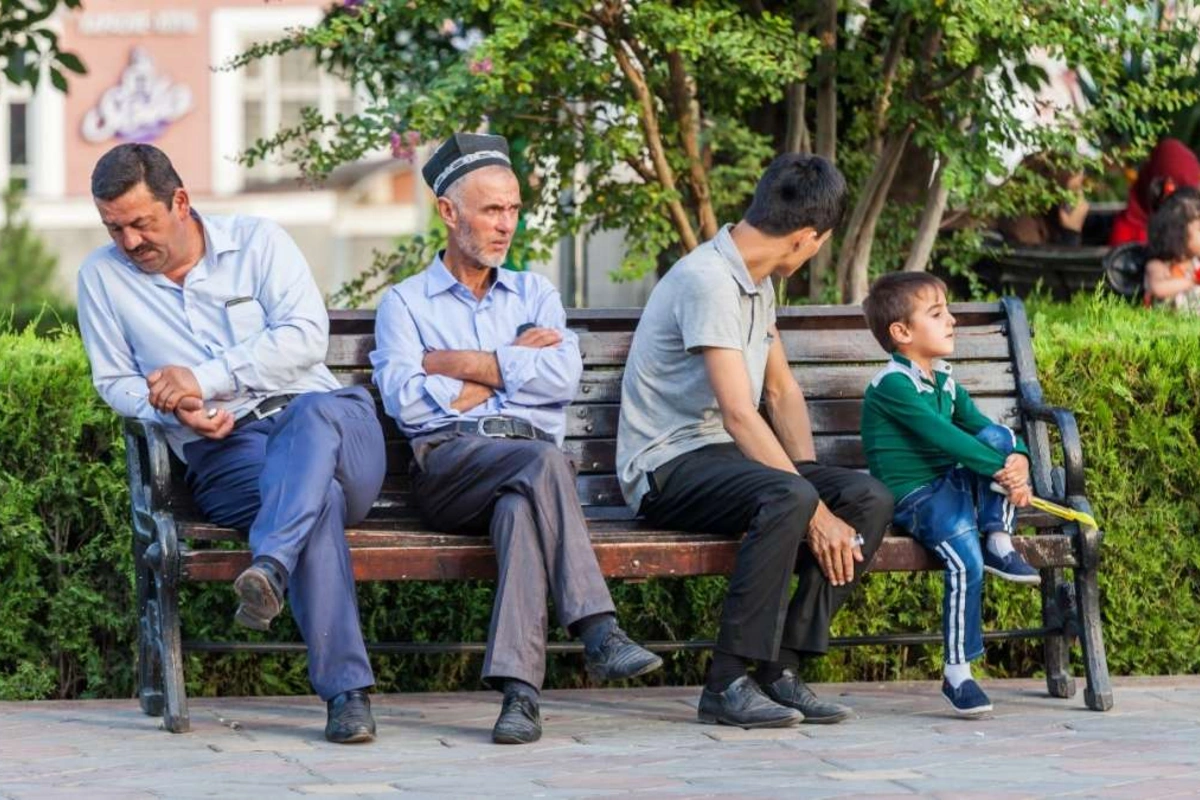
Good news about malaria in the Caspian Region: there isn’t any!
Image: NOWAK LUKASZ
Good news is often poorly reported, and it was without much media fanfare this month that two Caspian Region countries were formerly declared free of malaria by the World Health Organisation (WHO). Perhaps the reticence to celebrate was simply because there have been no reported indigenous cases[1] since 2014 in Tajikistan and since 2012 in Azerbaijan – so long ago that it doesn’t feel like a publically relevant issue anymore in either country. Nonetheless, the WHO certification is an important milestone that was “hard-won and came only after decades of concerted action” according to Peter Sands, Executive Director of Global Fund, the international health advocacy organization. In the 1990s, the chaos of the post-Soviet era led to malaria spreading to a certain degree in the southern republics of the former USSR. As recently as 2000, around 8.2 cases per 100,000 population were reported in Azerbaijan, 9.2 in Tajikistan.
Dr. Hans Kluge, the WHO’s Europe Director, underlined that “Azerbaijan’s and Tajikistan’s achievement was possible thanks to sustained investment and the dedication of the health workforce, together with targeted prevention [and] early detection.” Turkmenistan (2010), Armenia (2011), Kyrgyzstan (2016), and Uzbekistan (2018) have all been certified as having eliminated malaria in the last fifteen years, while Georgia, Russia and Kazakhstan were classified as never having had to worry about it. One Caspian country not to have been certified malaria-free by the WHO is Iran. The country is traditionally considered one in which the disease is endemic, albeit mostly in the far eastern regions near the Pakistan and Afghanistan borders. However, Iran has been working very hard towards the target of complete eradication by 2025, and the number of indigenous cases declined very sharply after the start of a robust elimination programme in 2009. Cases have been minimal in recent years – 756 in 2012, 57 in 2017 and none in 2020. Thus in all practical terms, the whole Caspian Region is essentially now free of the disease.

Share on social media